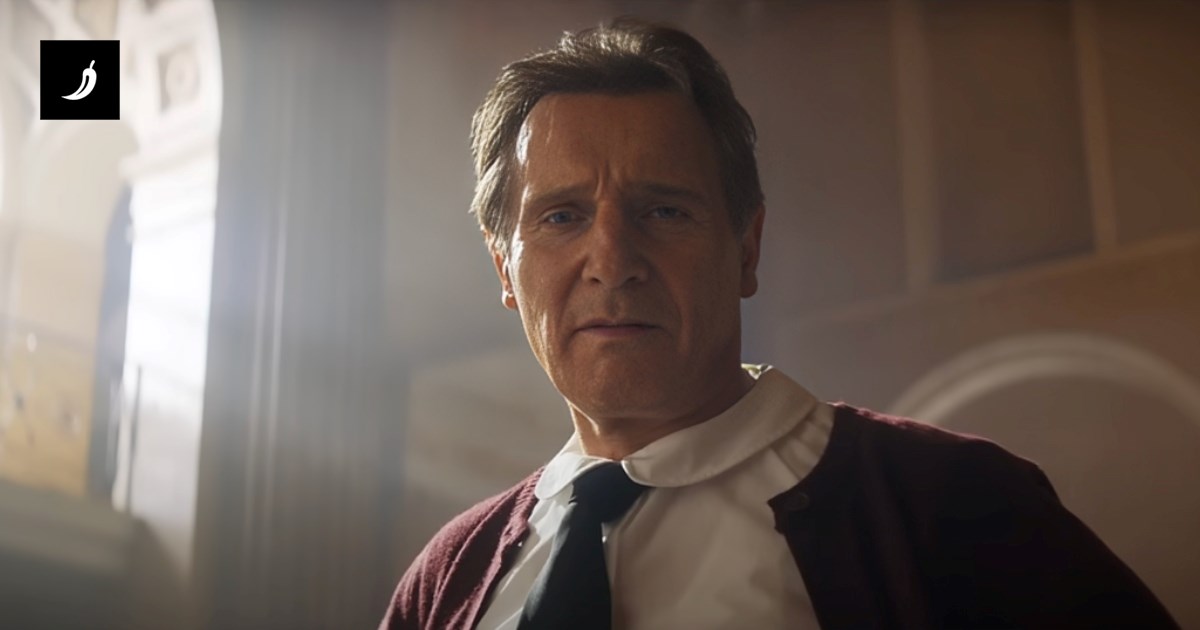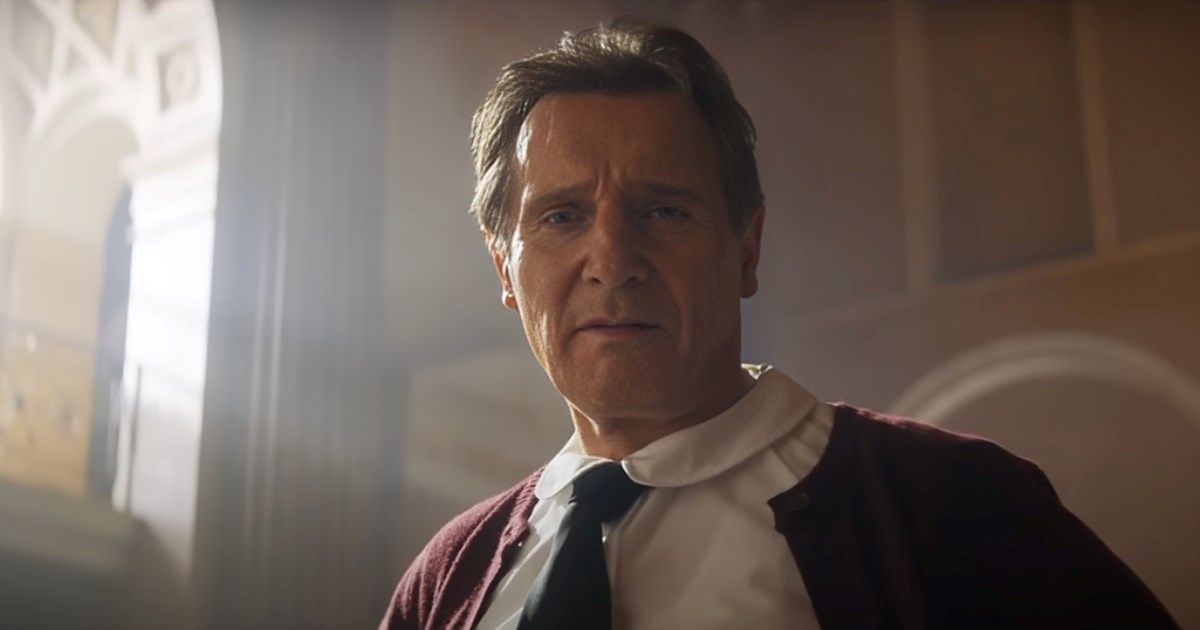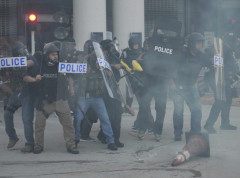Liam Neeson, one of the most renowned and respected actors of his generation, was born in Northern Ireland and raised in a Catholic family. Before becoming famous, he was involved in boxing and considered a career in education, but his passion for acting led him to the stage and film. His international fame began with his role as Oskar Schindler in the film “Schindler’s List,” directed by Steven Spielberg, which earned him an Oscar nomination. After that, Neeson continued to choose diverse and challenging roles, including historical figures, fantasy characters, and ordinary people in extraordinary circumstances. Later, he surprised audiences by taking on the role of an action hero in the “Taken” trilogy, which became cult classics. Throughout his career, he collaborated with great directors such as Spielberg, Scorsese, Lucas, and Nolan. His personal tragedy, the death of his wife Natasha Richardson, deeply affected his life and career. Besides the Oscar nomination, he has won a Golden Globe and other awards, and in 2016 was appointed an Officer of the Order of the British Empire for his contributions to acting.
Political Perspectives:
Left: Left-leaning outlets tend to emphasize Liam Neeson’s artistic contributions and his roles in socially significant films like “Schindler’s List,” highlighting his depth as an actor and his humanitarian portrayals. They also focus on his personal struggles and resilience, portraying him as a complex and empathetic figure in cinema.
Center: Centrist sources provide a balanced overview of Liam Neeson’s career, noting both his critically acclaimed dramatic roles and his commercial success in action films like “Taken.” They highlight his versatility and longevity in the film industry, as well as his collaborations with renowned directors.
Right: Right-leaning media often highlight Liam Neeson’s status as a cultural icon and his contributions to popular and mainstream cinema, especially his action roles that emphasize themes of justice and protection of family. They may also underscore his recognition by the British Empire and his embodiment of traditional heroic values.
























